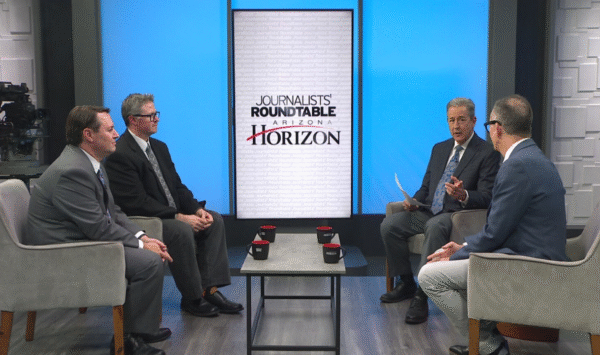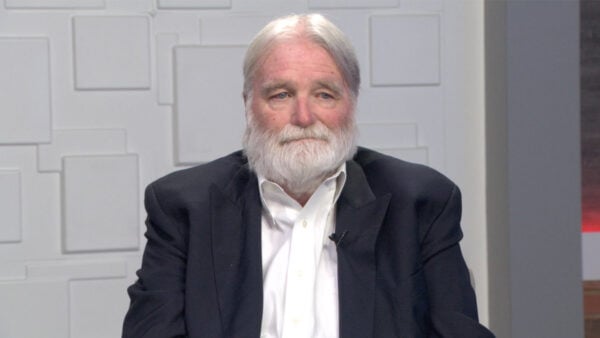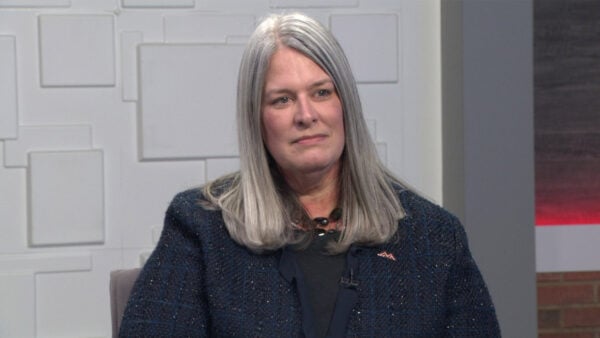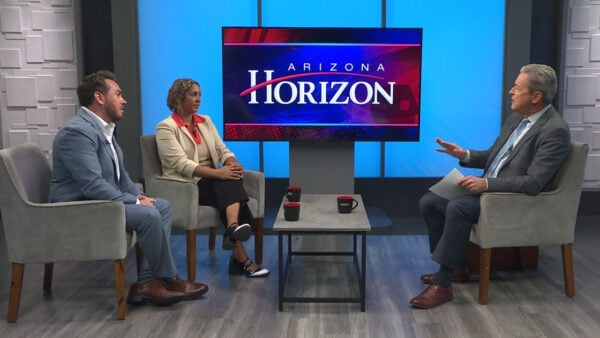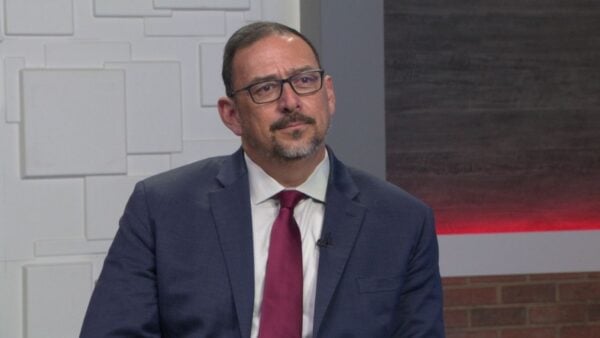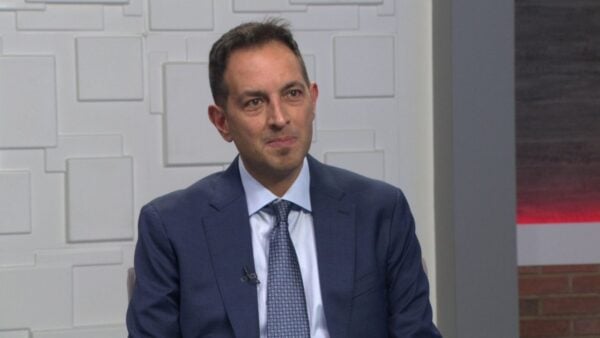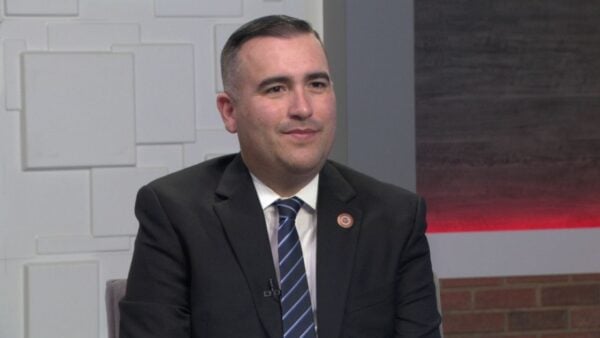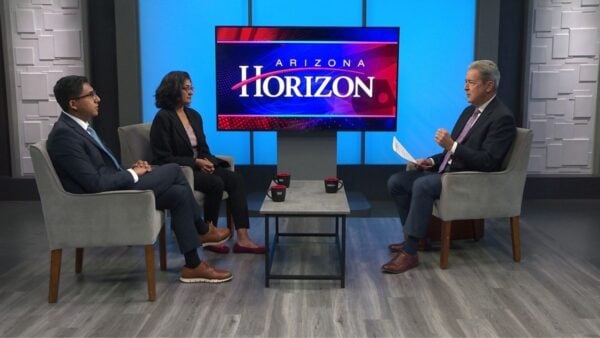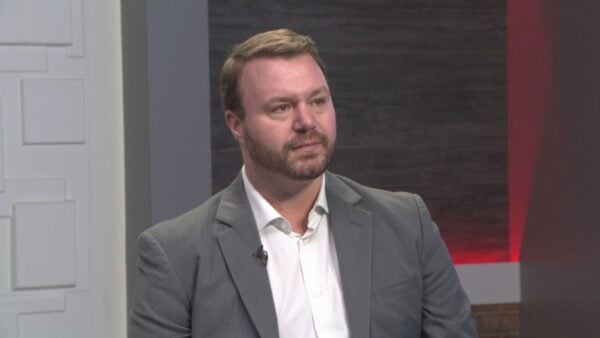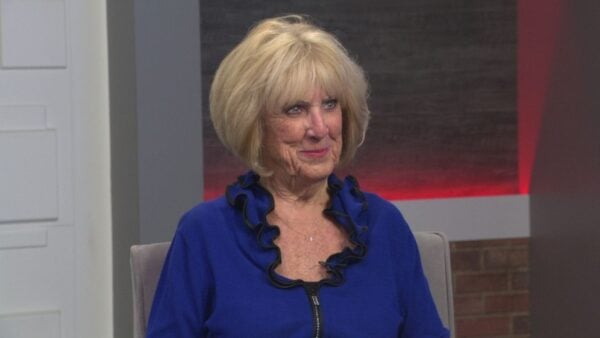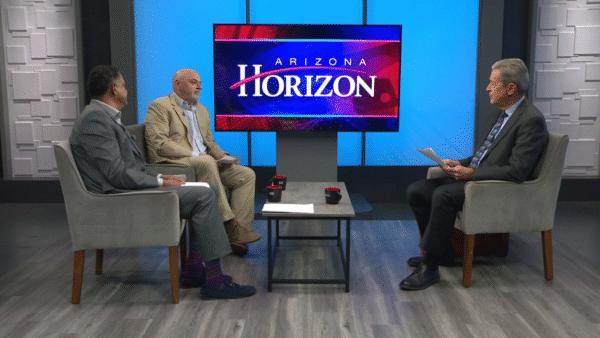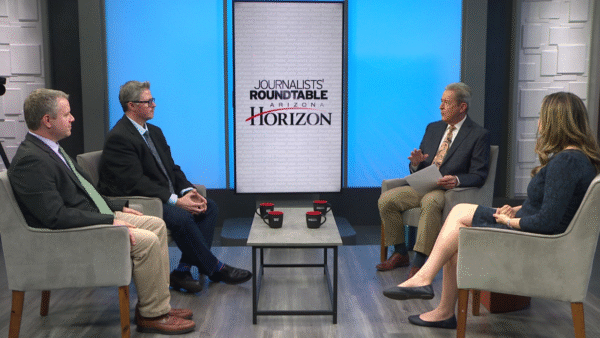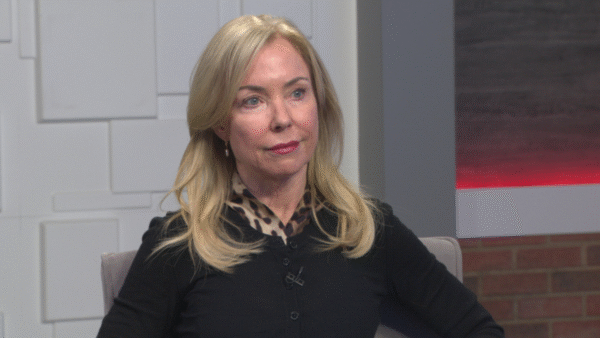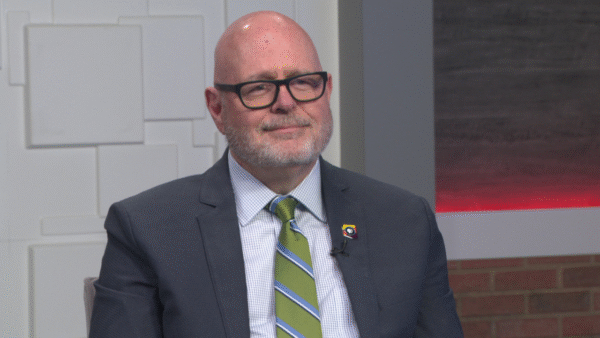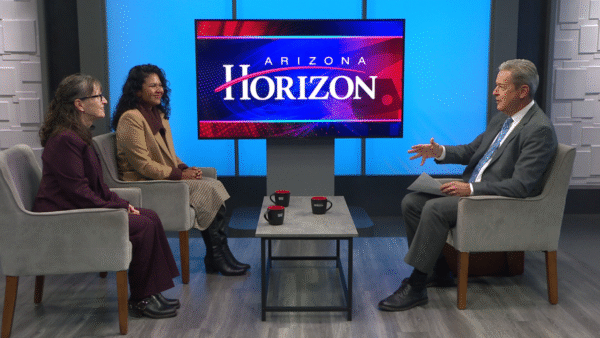Arizona hospitals concerned over changes to Medicaid in budget bill
July 15, 2025
Arizona hospitals are sounding the alarm over the reconciliation budget and the cuts being made to Medicaid.
Arizona’s Medicaid program or AHCCCS, pronounced “access,” serves as a critical lifeline for over 2 million Arizonans, including low-income families, seniors, children, individuals with disabilities, pregnant mothers and others.
The bill would require 10% annual payment reductions to payment and quality incentive programs necessary to cover the cost that hospitals and health systems incur. Arizona hospitals would receive even less compensation than they do now to cover the costs associated with Medicaid patients.
Brittney Kaufmann, CEO of Health System Alliance of Arizona, joined “Arizona Horizon” to discuss the bill and the reductions.
Kaufmann and others in the health care system are processing the full impact of the incoming changes to Medicaid now that the bill is signed. While the entirety of what will occur isn’t known yet, Kaufmann is predicting a rough time ahead for patients and providers.
“We know there’s a storm coming; we’re actually in the storm. We’re not just sure how bad it’s going to be,” Kaufmann said. “So we’re trying to do the best we can to navigate through these difficult circumstances to continue to provide care to Arizonans.”
While congressional Republicans said the changes the bill makes to Medicaid, such as work requirements, will not impact those legitimately eligible, Kaufmann argued against that.
“I’m not against work requirements per se; no one is really,” Kaufmann said. “But they’re not understanding the administration burdens is really what they’ve done; it’s a thinly veiled way to actually add more bureaucracy, more layers for those folks who are eligible to fall off.”
Kaufmann also feels there has been a misunderstanding in the public about how Medicaid actually works, and that ultimately, fewer patients will get medical care by the bill’s design.
“I think what people don’t realize is Medicaid isn’t like social security where you’re just sitting there; like they said, able-bodied adults collecting a check from Medicaid,” Kaufmann said. “That’s not how our system works. Providers get paid for providing services to Medicaid patients who come in and need those services.”
“In order to realize the cost savings that they needed in this bill to get the tax cuts they wanted, ultimately you’re going to have to serve fewer people.”





